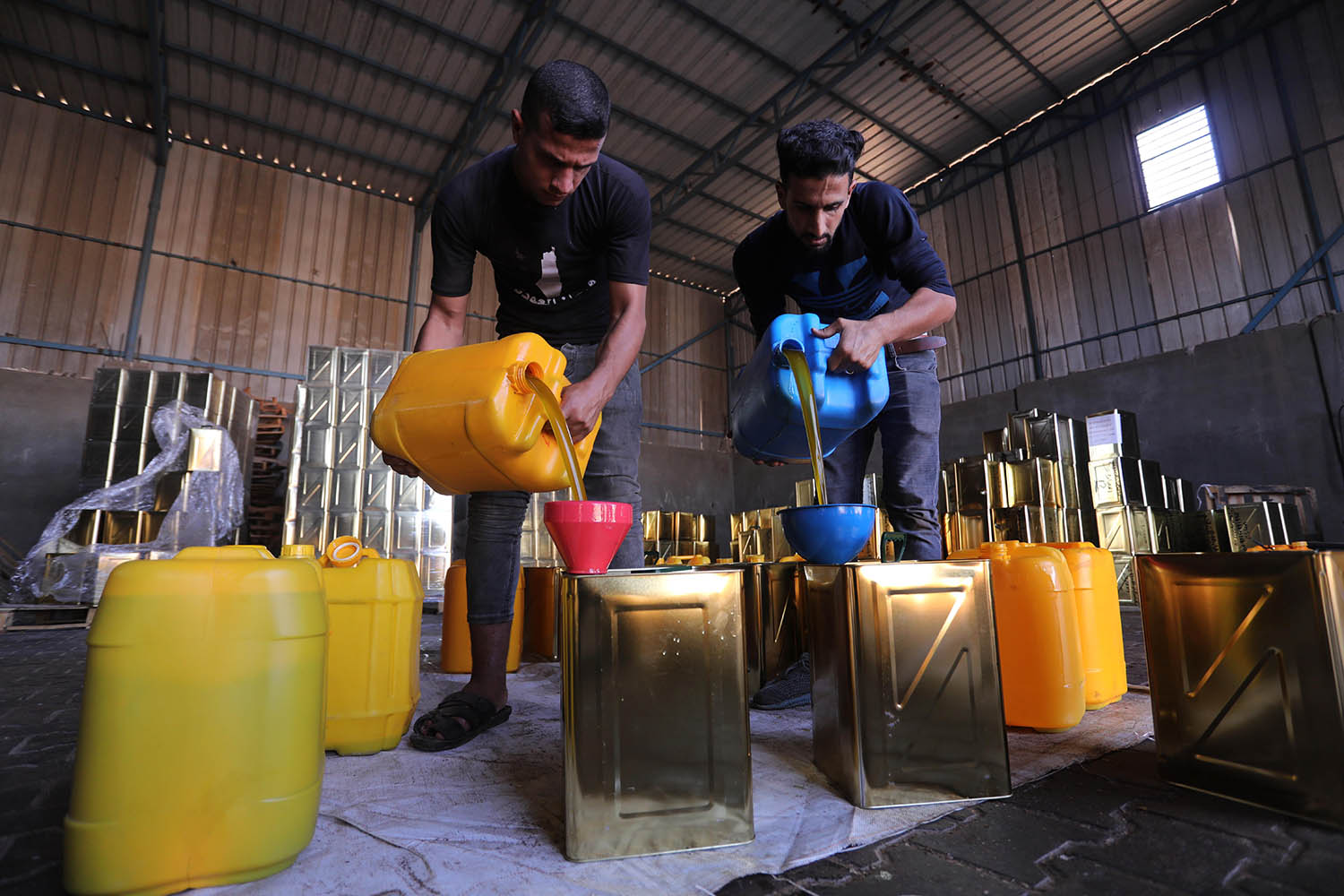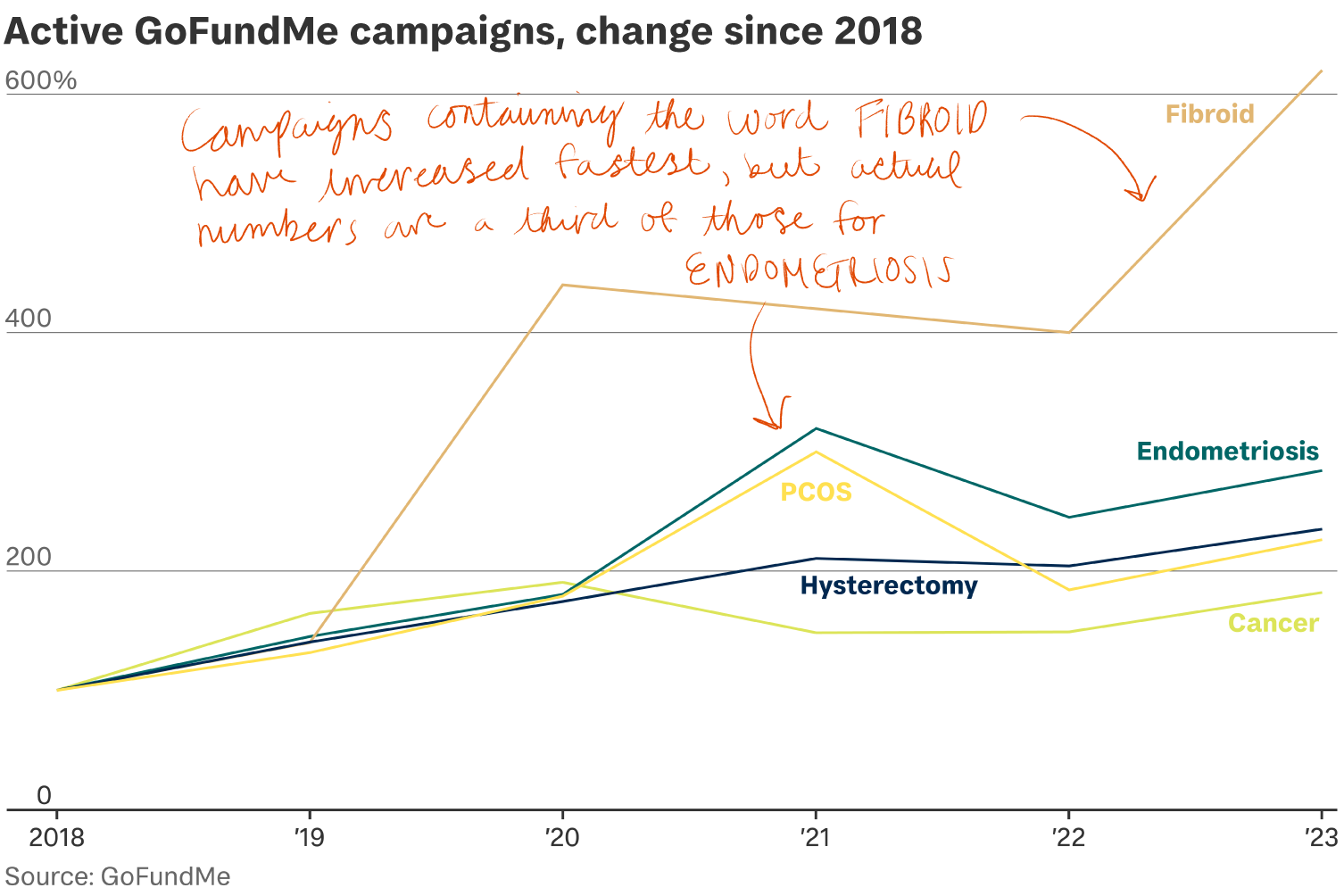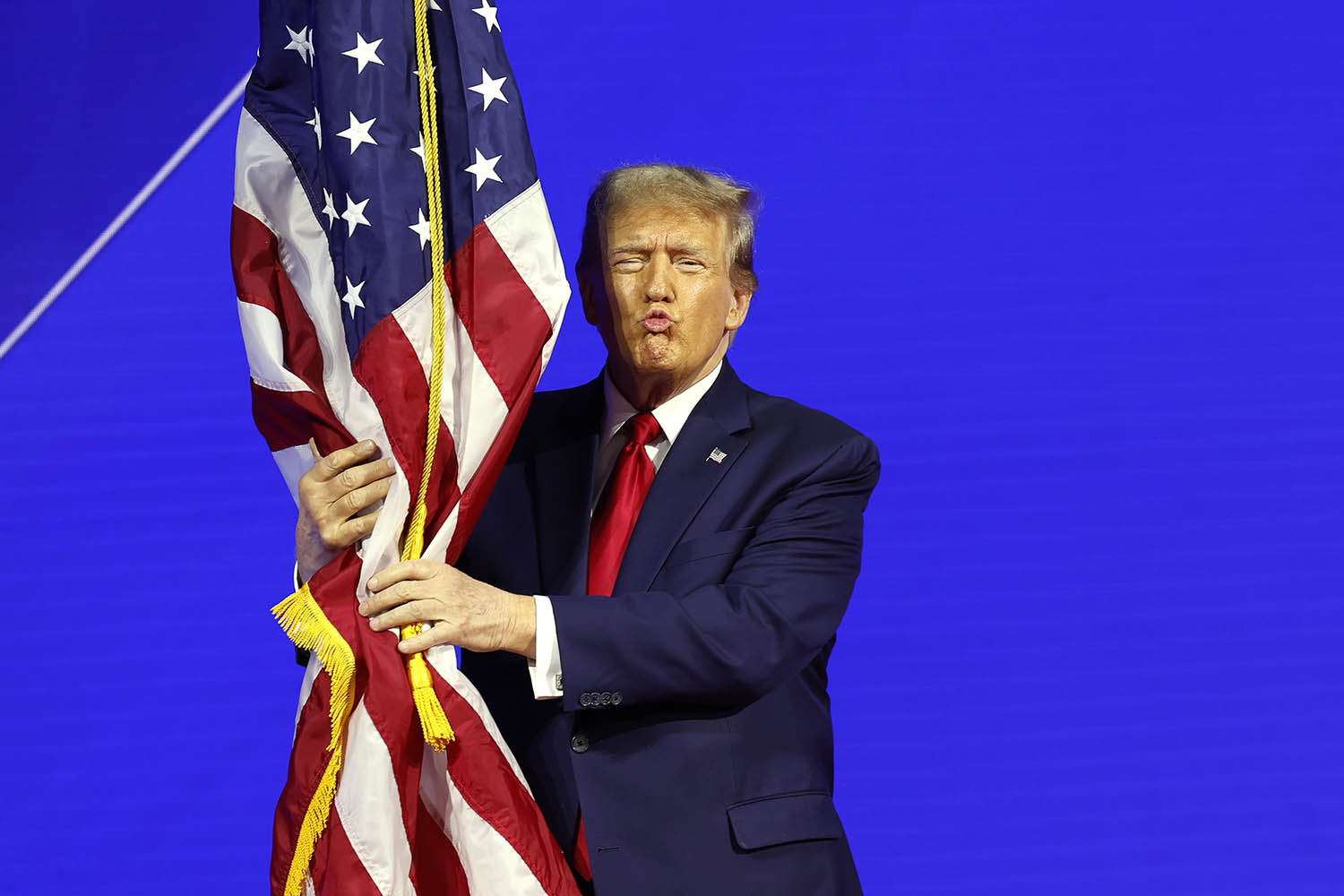
A new Tortoise investigation suggests that Amber Heard was trolled by an army of bots, some of them apparently operating from Saudi Arabia.
Amber Heard, Johnny Depp’s ex-wife, received a barrage of online abuse after alleging that the Hollywood actor had physically abused her. A new Tortoise investigation suggests that Heard was trolled by an army of bots, some of them apparently operating from Saudi Arabia.
So what? This is more than a celebrity spat. Manufactured online hate against Heard could have jeopardised her right to a fair trial. More broadly, the widespread use of bots and trolls has a potential impact on everything we consume online, from news to political debate.
Bear in mind… Millions of people watched Depp win his defamation case against Heard in 2022. A US jury found that he had never assaulted her. Depp lost a UK trial in 2020 on similar charges. That trial found, on the balance of probability, that he had abused Heard on 12 occasions.
Our findings. We asked Zhouhan Chen and Kaicheng Yang, disinformation and computer experts, to analyse a database containing around a million tweets posted in 2020 and 2021. All the tweets were critical of Amber Heard.
In Chen’s opinion, more than 50 per cent of the tweets in the database came from inauthentic accounts. If that’s right, it means that bots and trolls played a significant role in driving online hate against Amber.
In addition, we found:
- Bot networks promoting Depp operating in countries including Thailand and Spain.
- A coordinated network of Twitter accounts which sent more than 100 identical messages at exactly the same time to any brand which had worked with Amber. The message said: “This brand supports domestic violence against men.”
- Pro-Depp accounts using AI-generated or stolen pictures to make them seem like genuine accounts.
- A Chilean troll who seems to have been commissioned to stoke up right-wing tensions in Chile, who suddenly switched his attention to Depp in 2020, posting dozens of near-identical tweets supporting the actor before deleting his account.
The Saudi connection. During the investigation we found a particularly interesting set of pro-Depp accounts. On the surface, they look exactly like accounts run by genuine Johnny Depp fans, tweeting about him up to 20 times a day. They also attack Amber Heard, calling her a liar and “disgusting”.
Today, these accounts only tweet in English. But we found hundreds of other deleted messages, all in Arabic. None of them mention Depp or any other celebrity. Instead, most praise the Saudi regime or its authoritarian ruler, Crown Prince Mohammed bin Salman.
E-flies. Saudi Arabia has a long history of using bots and paid-for trolls to promote its rulers and disparage its opponents. The regime runs so many bots on Twitter that they are known collectively as the “electronic flies”.
The Johnny Depp accounts showed similar patterns of behaviour. “My first reaction is it looks like these are totally from the flies,” Bradley Hope, the author of a book about MBS, told us. “These are the Saudi Ministry of Flies accounts.”
Saudi money is financing two of Depp’s latest movies: the period drama Jeanne du Barry and a biopic of Modigliani called Modi. More significantly, Depp has made several trips to Saudi since 2022. According to Bradley, he has even become personal friends with MBS.
“What they both believe to be a lifelong relationship has begun,” Hope said. “I think we’ll be seeing Johnny Depp go to Saudi Arabia a lot.”
What’s more. 2024 is the year of the election. Billions of people in more than 50 countries will go to the polls. If bots and trolls were used to sway the opinions of fans – and maybe jurors – before a celebrity trial, what happens when the fate of nations is at stake?
If the 2016 US election was a foretaste, brace for the main course.
The first two episodes of Who Trolled Amber? are available from tomorrow. Tortoise members get exclusive and early access to the whole series.
Conflict decimates olive oil production in the West Bank

Palestinian farmers have lost over $10 million in olive oil revenues because of Israeli restrictions on access to their land, according to the UN. More than 96 square kilometres of olive-cultivated lands in the West Bank remained unharvested following the 2023 season, leading to an estimated loss of more than 1,200 metric tons of oil, roughly 5 per cent of the territory’s total production for the year. Olive oil exports from the West Bank earned on average nearly $46 million over the five years before the war, and made up 3 per cent of total exports. Continued lack of access could impact production well into 2024, as farmers have been unable to maintain their groves over the winter. In particular, olive yield in the area isolated by the West Bank barrier was 93 per cent lower compared with the yield in accessible areas.





